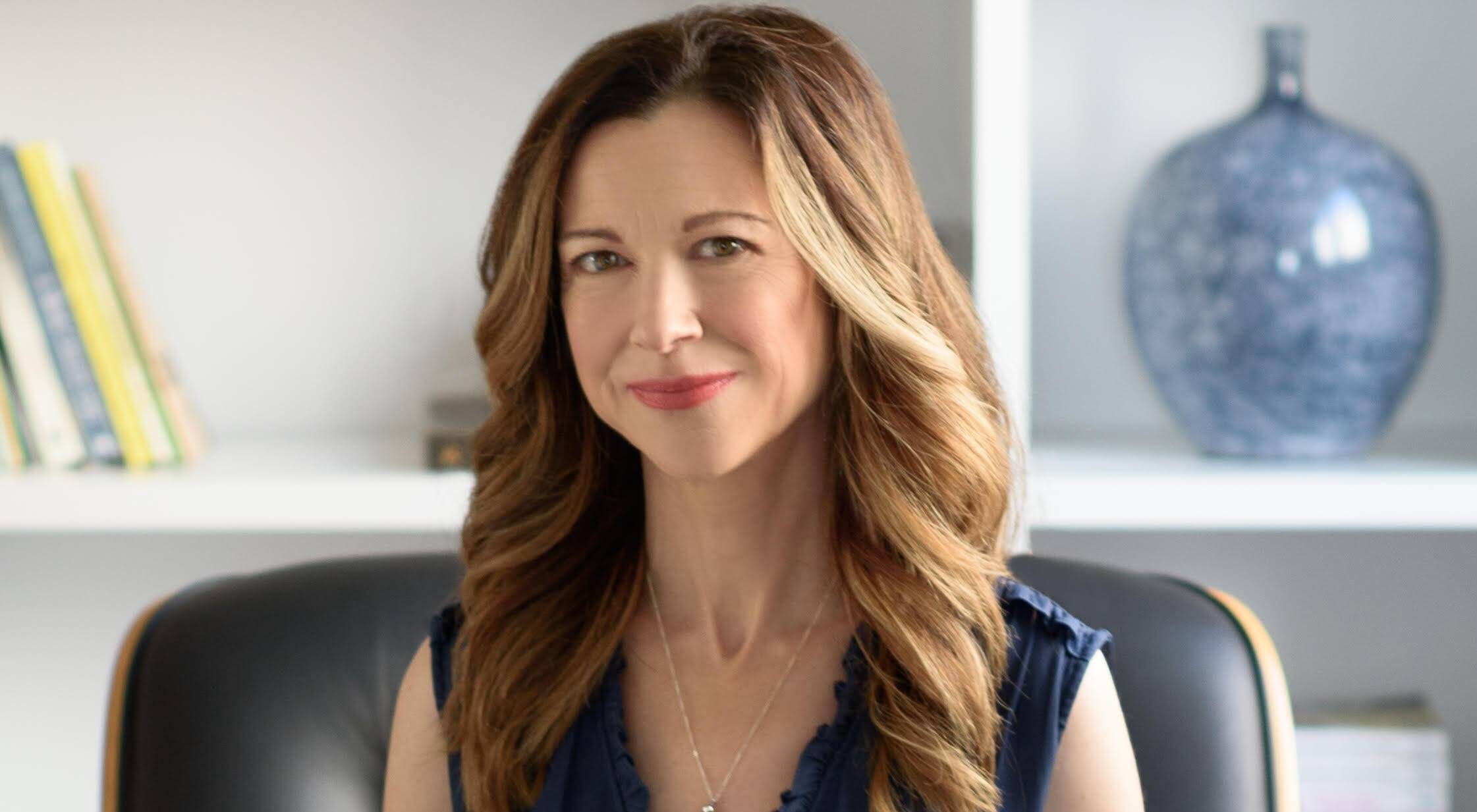Beauty...

By Mollysims.com
Lori Gottlieb likes stories. It’s the reason she pivoted from the film industry to therapy—so she could work more intimately helping people through their real problems. As a New York Times bestselling author and writer of The Atlantic advice column “Dear Therapist,” she’s explored a plethora of topics we’re deeply interested in and can relate to. So many in fact, we had to narrow it down to one: friendships. Specifically, how to navigate them and the toxic friend. It’s something we deal with at every age since friendships exist as ever-changing. It can be the greyest of zones and trickier to handle than a romantic relationship. Lori gives us utterly sound advice and we hope this acts as further encouragement to start your year off on a positive note.
“For women especially, friendships are so important. The reason that they become so fraught for us is that we all go through changes, feel different ways, and often don’t communicate. Friendships can be really, really intimate for women, and I think that sometimes we have this idea that you are either kind of all in or all out. Essentially, because we get so close to our friends, we expect them to become the people to whom we can tell everything and feel really close to. And this leads us to not really think about the value of different people having different roles in our lives. Just because you don’t feel as close to someone, but you still appreciate something about the interaction with them, that might be a good friend to have. The nature of friendships changes, and that’s okay. Maybe it’s still valuable to both of you. Sometimes people drift apart at different times and then they come together again. As women, we read into friendships a lot and put so much weight on things that don’t matter.”
“Making friends in our middle ages is challenging because you’re meeting someone and they don’t have all the history with you. They don’t know you. People that you’ve known for a long time, have maybe met your parents or your siblings or your family, and they kind of have a context for you. There are a lot of shared experiences that have been missed out on over the years so coming in at middle age, it feels different and it takes longer to get to know someone at the same time and you probably don’t have as much free time because you’re dealing with family and kids and other responsibilities. You have so many demands on your time, so it makes it tricky. A lot of people in this situation think it’s just them, and wonder why they have so much trouble. Really though, so many factors just make it harder. Ultimately, in our friendships, what we want is to be known. We want that feeling of being understood and loved anyway. This person gets me and they get all of me. Some friendships are like that and others are just light and not as deep.”
“Always operating with kindness and compassion is key. It doesn’t matter what message you give someone if it is delivered with kindness and compassion. When we lose touch with friends, I think that we think of it almost like breakups. But we don’t have the same conversations with friends as we do in our other relationships. If there was somebody that you wanted to have a different kind of relationship with, you would tell them what it is that you want, and perhaps set that boundary, we just don’t do it with our friends, which is weird because they’re our friends. We should be able to tell them how we feel, and what’s on our mind. Another thing is, when you’ve had a certain kind of relationship with someone, you just assume it’s always going to be that way. And it’s hard to see that it’s changing. Sometimes we don’t want to see that it’s changing. When you go down different paths, your lives just start to look different and you may not have the time anymore. Your expectations don’t always meet the other’s capacity. A lot of the time, we make assumptions about why someone did what they did, but really, we don’t know. If we have a conversation about it, we’ll probably learn something different. We can’t always know what’s going on in someone else’s mind. If we only assume and don’t ask, we’ll never know.”